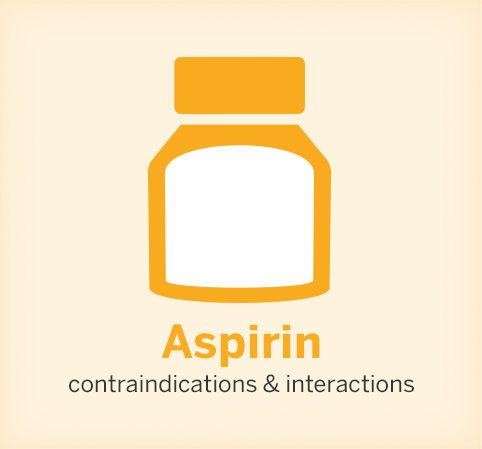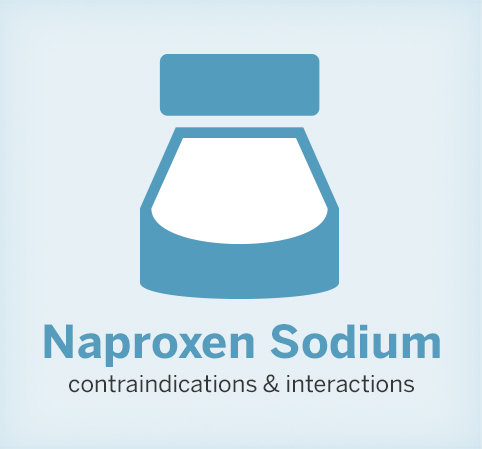OTC Analgesic Interactions & Contraindications
62% of consumers choose pain relievers based on efficacy and not important safety factors1
You can help your patients make an appropriate choice.
90% of consumers depend on OTC pain relievers to manage their pain,1 but they may not realize that age, coexisting medical conditions, and drug contraindications are important factors when choosing an OTC analgesic. Your guidance can help them find safe and effective pain management.
Review key considerations for recommending acetaminophen, ibuprofen, aspirin, and naproxen sodium.
3 key considerations when recommending an OTC analgesic

Patients over age 60 are at increased risk of GI bleeding with NSAIDs

Patients with cardiovascular risks, hypertension, gastritis or stomach ulcers, liver disease or cirrhosis, renal abnormalities, or asthma have increased health risks with certain OTC analgesics

Patients who take anticoagulants or antiplatelet medications,2,3 corticosteroids, certain antihypertensive agents,4 or aspirin may face increased risks when also taking certain OTC pain relievers. Risks also increase when concomitant medications contain the same type of analgesic ingredient (acetaminophen or NSAID)
Drug contraindications & interactions for specific OTC analgesics
References: 1. U.S. Pain Foundation. One in five Americans do not consider any key safety factors when choosing over-the-counter pain relievers [press release]. Fort Washington, Pa: PRNewswire/USNewswire. August 29, 2016. 2. Risser A, Donovan D, Heintzman J, Page T. NSAID prescribing precautions. Am Fam Physician. 2009;80(12):1371-1378. 3. Bhatt DL, Scheiman J, Abraham NS, et al. ACCF/ACG/AHA 2008 expert consensus document on reducing the gastrointestinal risks of antiplatelet therapy and NSAID use. Circulation. 2008;118(8):1894-1909. 4. Calhoun DA, Jones D, Textor S, et al. Resistant hypertension: diagnosis, evaluation, and treatment. A scientific statement from the American Heart Association Professional Education Committee of the Council for High Blood Pressure Research. Hypertension. 2008;51:1403-1419.




